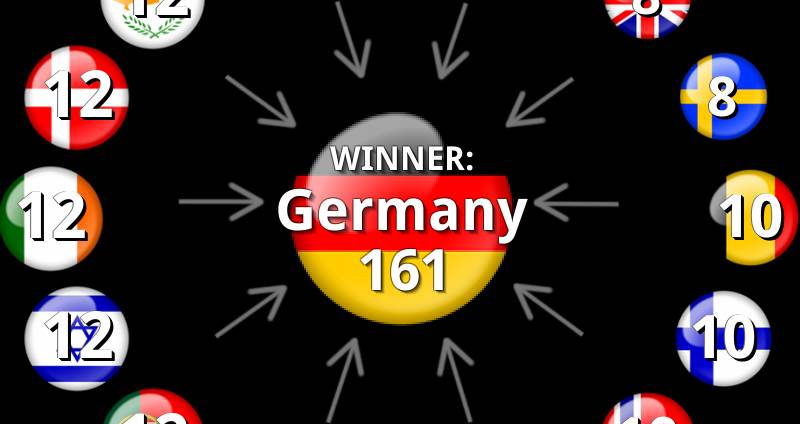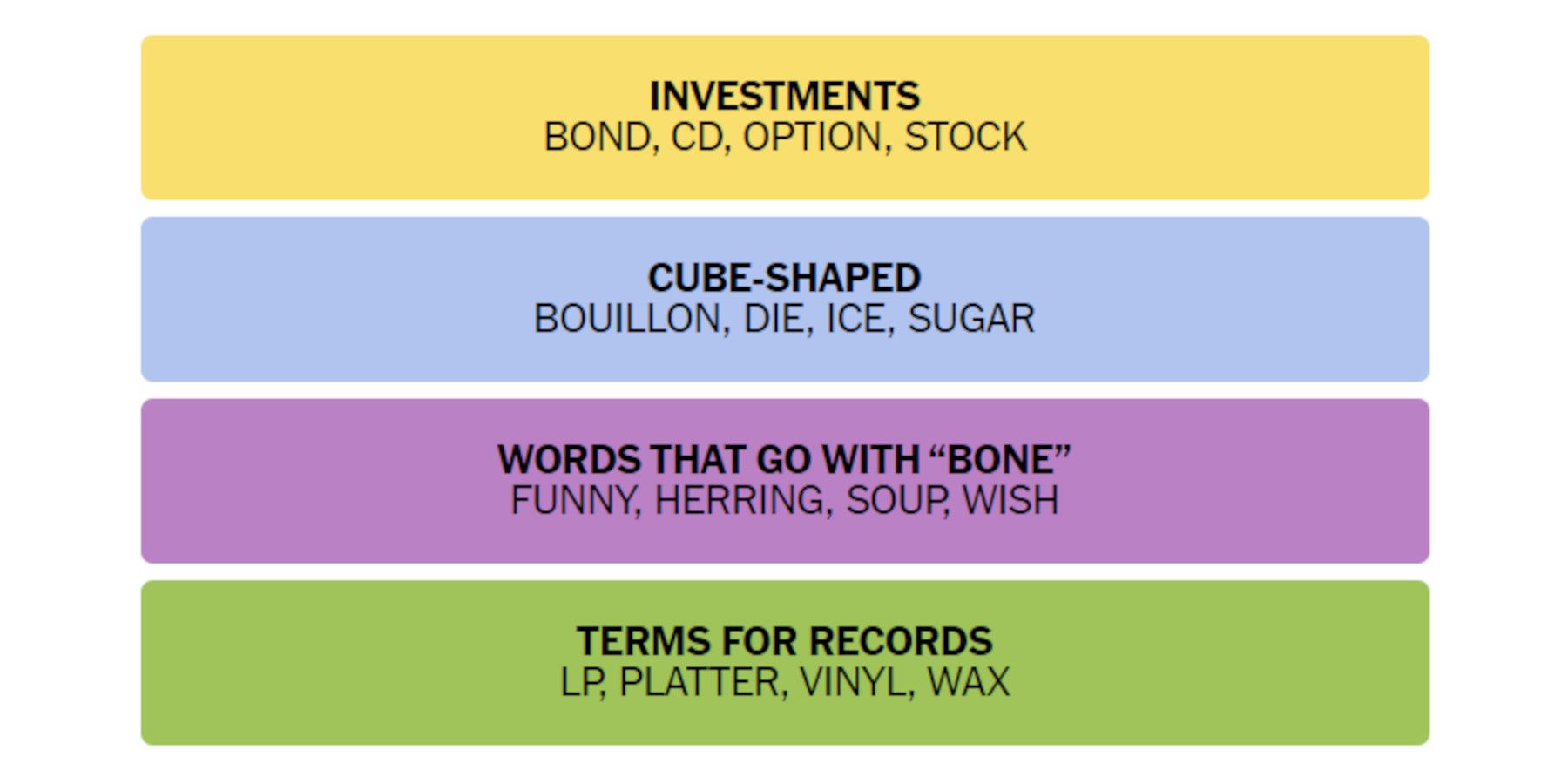Decoding Eurovision: How The Points Are Awarded

Table of Contents
The Role of National Juries in Eurovision Voting
Each participating country in Eurovision appoints a national jury, composed of five music professionals. These experts, chosen for their musical knowledge and experience, are tasked with evaluating the competing songs impartially. Their role in the Eurovision voting system is crucial, adding a layer of expert assessment to balance potential biases in televoting. The jury voting process is straightforward: each jury member ranks the songs from 1 (best) to 10 (worst). Points are then allocated based on this ranking: 12 points for the top-ranked song, 10 for the second, and so on, down to 1 point for the tenth-ranked song.
- Anonymity: Jury members remain anonymous throughout the process to prevent external influence or pressure.
- Strict Regulations: The Eurovision Song Contest employs strict rules and regulations to ensure fairness and transparency in jury voting.
- Secrecy: Jury scores are kept completely secret until they are revealed during the live broadcast. This secrecy adds to the suspense and prevents any potential manipulation of results. The goal is a fair and accurate reflection of the expert musical opinions.
Understanding Televoting in the Eurovision Points System
Televoting forms the other half of the Eurovision points system, giving the audience a direct voice in choosing the winner. Viewers in each participating country vote for their favorite songs via telephone, SMS, or dedicated Eurovision apps. Similar to the jury voting, the televotes are aggregated, and points are awarded based on the ranking of the songs: 12 points for the most popular song, 10 for the second, and so on.
- National Popularity: Televoting results often reflect the immense national popularity of certain artists or songs. This element adds a layer of dynamism to the competition.
- High-Scoring Countries: Some countries consistently receive high televoting scores, reflecting their strong fan bases and active participation.
- Fraud Prevention: Rigorous measures are in place to detect and prevent fraudulent voting, ensuring the integrity of the televoting results. This includes monitoring voting patterns and employing sophisticated anti-fraud technologies.
Combining Jury and Televote Scores for the Final Eurovision Points
The final Eurovision points for each country are determined by combining the jury scores and televoting scores. Typically, this is a 50/50 split: half the points come from the jury's assessment, and the other half from the public's votes. This balanced approach aims to combine expert opinion with public preference. While a 50/50 split is common, slight variations in weighting have occurred in previous years, but the principle remains the same: a blend of professional judgment and popular opinion.
Let's illustrate with a simplified example: Imagine Country X receives 80 points from the juries and 70 points from televoting. With a 50/50 split, their final score would be (80 + 70) / 2 = 75 points.
- Transparency: The combined scoring process is designed to be transparent and easily understood. The final points are clearly presented during the live broadcast.
- Winning Determination: The overall winner of the Eurovision Song Contest is the country with the highest combined score from both jury and televote.
- Spokespersons: Each country designates a spokesperson to announce its awarded points during the live show, building excitement and anticipation.
Addressing Common Misconceptions About Eurovision Points
Many misconceptions surround the Eurovision points system. Let's address some common questions:
- Can a country vote for itself? No, each country's jury and televoting results exclude their own entry.
- What happens in a tie? In the case of a tie in the overall score, further criteria (detailed in the official rules) are used to determine the winner.
These clarifications aim to resolve any ambiguity and provide a clear understanding of the official rules.
Mastering the Eurovision Points System
Understanding the Eurovision points system – the roles of juries and televoting, and the crucial 50/50 combination – is key to truly appreciating the Eurovision Song Contest. This system, despite its complexity, strives for a fair and engaging competition reflecting both expert opinion and public enthusiasm. Now that you've decoded the Eurovision points system, dive deeper into the world of Eurovision and enjoy the competition with a newfound understanding! Explore the history of the Eurovision voting system and analyze past results to further enhance your knowledge of this fascinating contest.

Featured Posts
-
 Kladionice I Marko Bosnjak Realisticna Procjena Sansi Za Popravak
May 19, 2025
Kladionice I Marko Bosnjak Realisticna Procjena Sansi Za Popravak
May 19, 2025 -
 Middle Management Bridging The Gap Between Leadership And Workforce
May 19, 2025
Middle Management Bridging The Gap Between Leadership And Workforce
May 19, 2025 -
 Jennifer Lawrence And Husband Cooke Maroney Couple Seen Out Following Birth Of Second Child
May 19, 2025
Jennifer Lawrence And Husband Cooke Maroney Couple Seen Out Following Birth Of Second Child
May 19, 2025 -
 La Respuesta De Rixi Moncada A Las Declaraciones De Cossette Lopez
May 19, 2025
La Respuesta De Rixi Moncada A Las Declaraciones De Cossette Lopez
May 19, 2025 -
 April 11 Nyt Connections Puzzle 670 Hints Solutions And Strategies
May 19, 2025
April 11 Nyt Connections Puzzle 670 Hints Solutions And Strategies
May 19, 2025
